Finally, though, the biggest surprise with this project was just how long it took - and related, the amount of compute resources it needed. The first surprise was in terms of calendar time. My original estimate was that as a side project it would take about 3 months. It actually took around 8 months. (And the original estimate was supposed to be pessimistic!) Some of that was down to underestimating how many hours each stage would take, but a big chunk of the underestimate was failing to anticipate other things coming up outside the project. It’s hard to say how well this generalises, but for side projects, taking your original (already pessimistic) time estimates and doubling them might not be a bad rule-of-thumb.
Research and publish the best content.
Get Started for FREE
Sign up with Facebook Sign up with X
I don't have a Facebook or a X account
Already have an account: Login
Get weekly or monthly digest of all posts in your inbox: https://fmcs.digital/wim-subscribe
Curated by
Farid Mheir
 Your new post is loading... Your new post is loading...
|

Curated by Farid Mheir
Get every post weekly in your inbox by registering here: http://fmcs.digital/newsletter-signup/
|




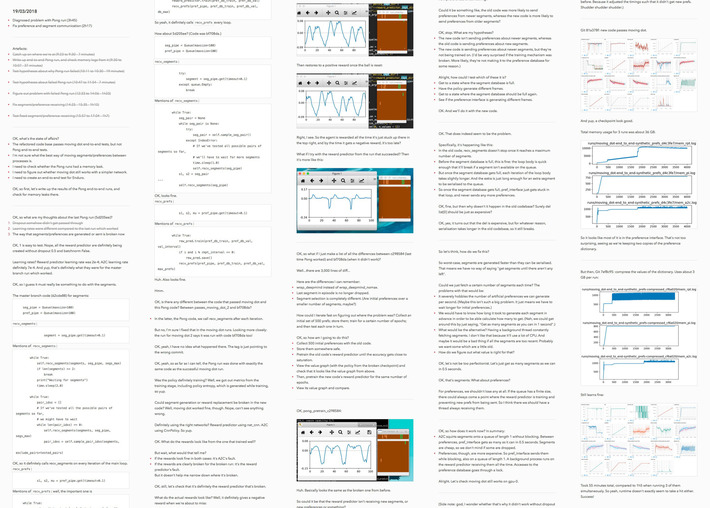

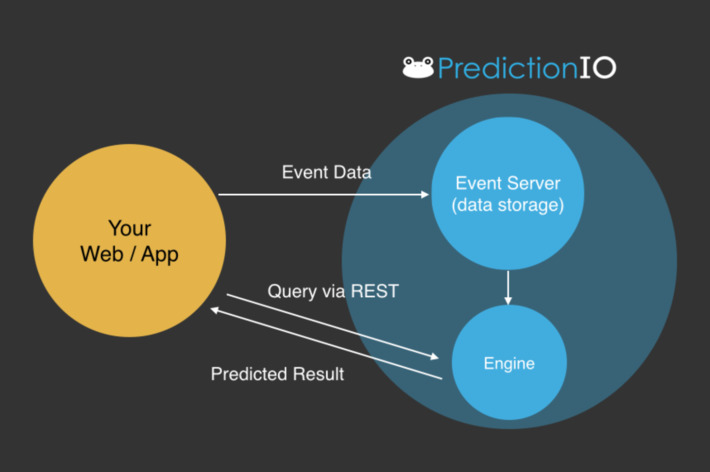
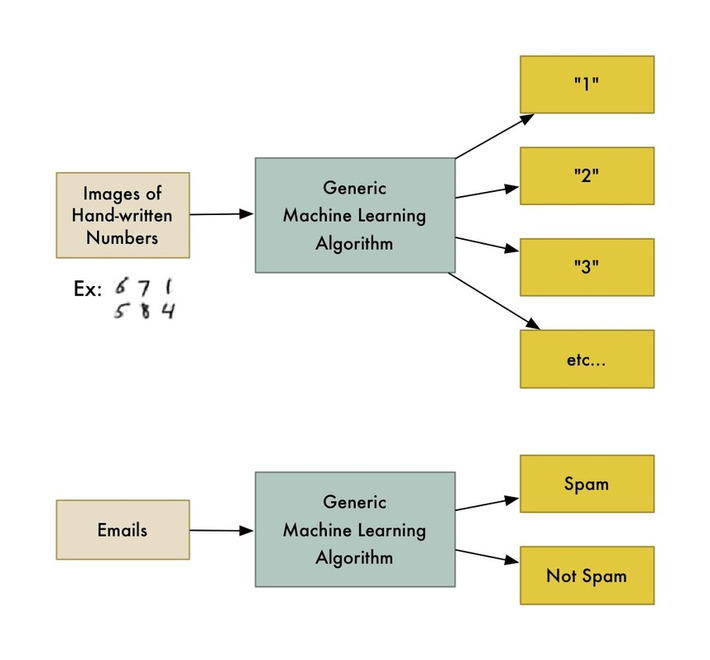

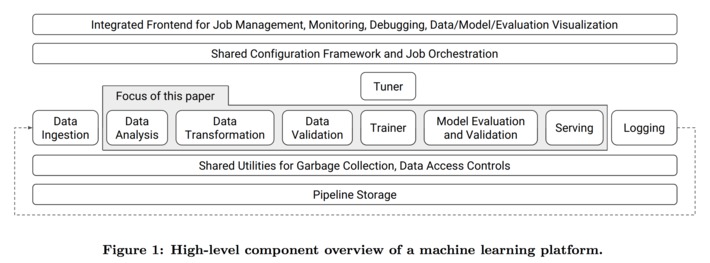
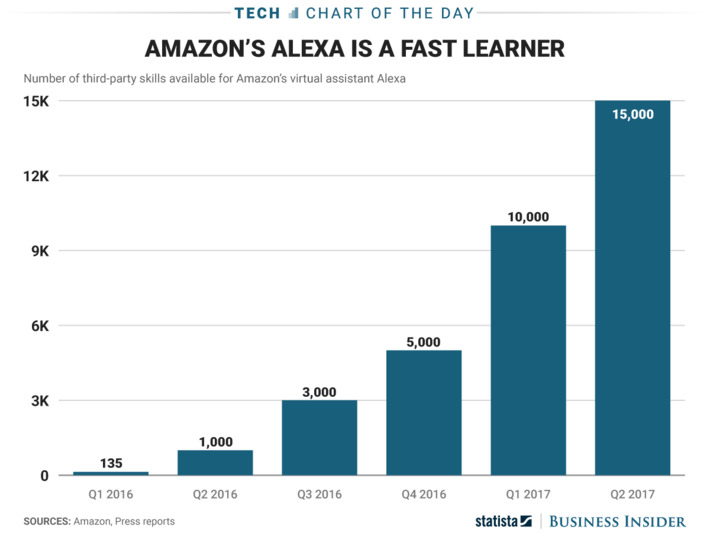

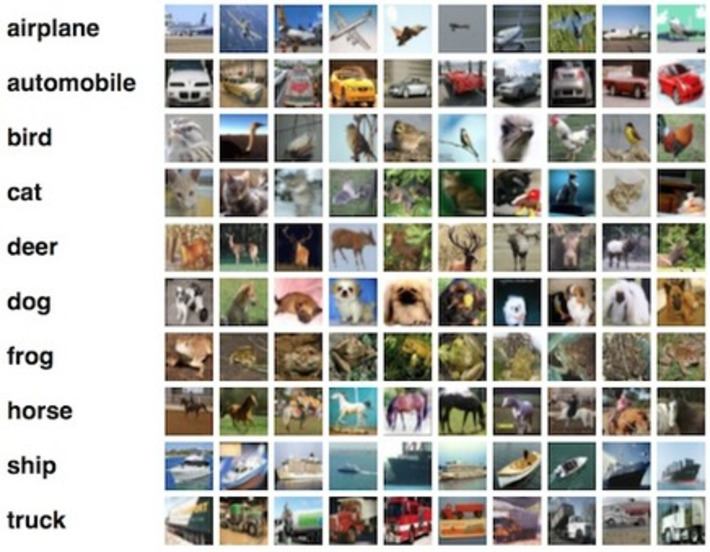








WHY IT MATTERS: reading about AI these days feels like everybody should be doing it because it is so easy. First, it is not. Second you need lots of data. Third, debugging is a pain. Reading this papers feels just like what we had to fight with in the early days on mainframe computers with punch cards and batch processing. Actually, this may be a good parallel to draw. Moreover, Element.ai estimates that there are only about 10000 people with the right AI skills in the world. Still very early - be warned!